The Impact of Trauma on Mental Health: Approaches to Healing
Trauma, often described as an overwhelming and distressing experience, has profound implications for mental health. Whether resulting from a single event or prolonged exposure to adversity, trauma can shape an individual’s emotional well-being and influence various aspects of their life. This essay explores the impact of trauma on mental health and delves into compassionate approaches to healing, acknowledging the resilience of individuals and the importance of trauma-informed care.
The Impact of Trauma on Mental Health:
- Post-Traumatic Stress Disorder (PTSD): One of the most recognized consequences of trauma is the development of Post-Traumatic Stress Disorder (PTSD). Individuals with PTSD may experience intrusive memories, nightmares, hyperarousal, and avoidance behaviors, impacting their daily functioning and overall quality of life.
- Complex Trauma and Developmental Impact: Prolonged or repeated exposure to trauma, known as complex trauma, can have profound developmental consequences. In childhood, it may affect attachment patterns, cognitive development, and the formation of a stable sense of self. Complex trauma can contribute to difficulties in forming healthy relationships and regulating emotions throughout life.
- Mood Disorders: Trauma is closely linked to the development of mood disorders, including depression and anxiety. The emotional toll of trauma can manifest in persistent feelings of sadness, hopelessness, and heightened anxiety, affecting an individual’s ability to engage in daily activities.
- Substance Use Disorders: Individuals who have experienced trauma may turn to substances as a coping mechanism to numb emotional pain. Substance use can provide temporary relief, but it often leads to the development of addiction, further complicating mental health challenges.
- Cognitive Impacts: Trauma can influence cognitive processes, leading to difficulties in concentration, memory, and decision-making. Cognitive distortions and negative self-perceptions may emerge, contributing to a cycle of self-blame and lowered self-esteem.
Approaches to Trauma-Informed Healing:
- Psychotherapy and Counseling: Therapeutic interventions, such as trauma-focused cognitive-behavioral therapy (TF-CBT) and Eye Movement Desensitization and Reprocessing (EMDR), are effective in addressing trauma-related symptoms. These approaches help individuals process traumatic memories, develop coping strategies, and reframe maladaptive beliefs.
- Mindfulness and Meditation: Mindfulness-based practices, including meditation and mindful breathing, promote awareness of the present moment. These techniques can help individuals ground themselves, manage overwhelming emotions, and cultivate a sense of safety and self-compassion.
- Expressive Therapies: Creative and expressive therapies, such as art therapy, music therapy, and dance/movement therapy, provide alternative avenues for individuals to express and process their emotions. These modalities tap into the healing power of creativity and self-expression.
- Holistic Approaches: Holistic approaches, encompassing practices like yoga, acupuncture, and massage therapy, recognize the interconnectedness of mind and body. These interventions promote relaxation, physical well-being, and a holistic sense of healing.
- Peer Support and Community: Building connections with others who have experienced similar challenges can be a powerful aspect of healing. Peer support groups and community engagement provide individuals with a sense of belonging, understanding, and shared strength.
- Trauma-Informed Care: Creating a trauma-informed environment is essential in all aspects of mental health care. This approach emphasizes safety, transparency, trustworthiness, collaboration, and empowerment. Practitioners employing trauma-informed care recognize the prevalence of trauma and work to minimize the risk of re-traumatization.
- Medication Management: In some cases, medication may be prescribed to address symptoms associated with trauma, such as depression, anxiety, or sleep disturbances. Psychiatric medications, when combined with psychotherapy, can be part of a comprehensive treatment plan.
Conclusion:
The impact of trauma on mental health is multifaceted and far-reaching, affecting individuals on emotional, cognitive, and relational levels. Recognizing the profound consequences of trauma is the first step toward fostering healing and resilience. Compassionate approaches to healing encompass a range of therapeutic modalities, emphasizing the importance of tailored interventions that honor the unique experiences and strengths of each individual. By embracing trauma-informed care and fostering a collaborative, empathetic environment, mental health professionals can play a crucial role in supporting individuals on their journey toward recovery and restoration.


